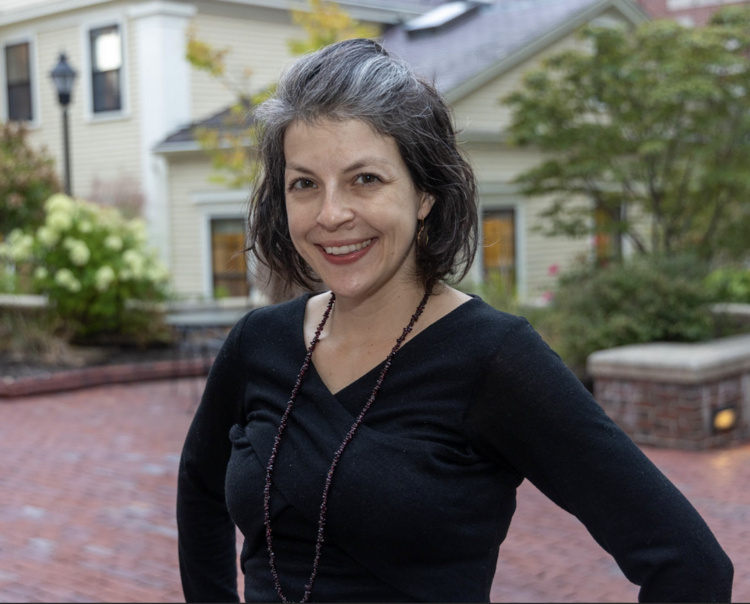
Colloquium on the Brain and Cognition with Elika Bergelson
Description
Talk Title: The nascent lexicon: early word learning in the lab and in the world
Abstract: While a longstanding view in language development holds that infants don't understand words until they begin talking (around age 1), recent research from eyetracking studies in the lab has revealed that infants begin understanding words months earlier (e.g., Bergelson & Swingley, 2012; 2015; Tincoff & Jusczyk 1999; 2012; Parise & Csibra, 2012; Bergelson & Aslin 2017; Kartushina & Mayer, 2019). In this talk I will explore two branches of my lab’s work that begin to unpack the mechanisms of early word learning: studying the learner, and studying the learning environment. In this talk I will discuss eyetracking data revealing infants’ initially immature expectations about how words sound and what they mean, and how their representations eventually become more adult-like over infancy and toddlerhood as early phonology, semantics, syntax, and morphology come online. Synthesizing across studies, I will discuss recent results showing a robust, non-linear, and arguably qualitative improvement in infants’ real-time word comprehension just after the first birthday. Drawing from SEEDLingS, my lab’s audio and video corpus of home recordings, I will argue that this “comprehension boost” is not well-explained by changes in language input for common words, but rather, by postulating that infants learn to take better advantage of relatively stable input data. I will propose complementary theoretical accounts of what makes older infants “better learners.” Time permitting, I will also discuss the dynamics of language learning beyond our typical WEIRD populations, calling on data from cross-cultural collaborations, and early stage work looking at early language development infants who are blind and infants who are Deaf/Hard of Hearing.
Bio: The work in the Bergelson lab seeks to uncover how infants learn language from the world around them, i.e. how language develops, and in particular, how infants and toddlers learn words. We approach this by studying learners and their environments. Understanding the learner requires probing the early mental representations that allow infants to quickly turn perceptual information into linguistic representations of sound and meaning that they can decode, and eventually produce. The goal of this work is to build a theoretical account of how infants quickly gain full-fledged competence in learning the sounds and meanings of their language(s). Understanding the environment requires characterizing the information from which children learn. The goal of measuring and modeling aspects of children’s daily life is not to just describe it, but to test explanations of how everyday experiences shape language knowledge. Broadly put, our lab studies the mechanisms of early language learning by measuring babies’ early knowledge, capacities, and experiences, and testing links between them.
bergelsonlab.com
Webinar Link: https://mit.zoom.us/j/92588869813
Followed by a reception with food and drink in 3rd floor atrium

